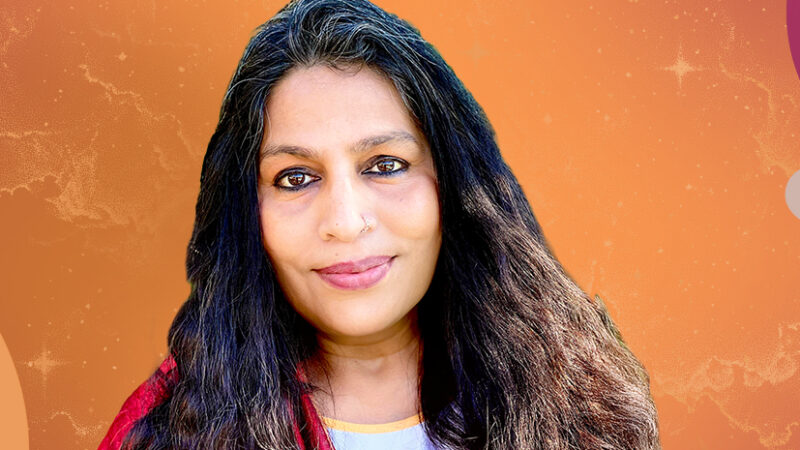
If you are anything like me (and almost everyone I encounter these days), you are growing bored with the patriarchy and eager to reclaim feminine wisdom across the spectrum of human community: politics, academia, pop culture, and religion and spirituality. It’s not a matter of personal preference. The well-being of our Mother the Earth is inextricably entwined with our choice to either lift up and center the feminine or continue to bury Her. Here are a few ways for you to welcome the sacred feminine this season.
Reclaim Mother Mary
With so much of the attention of the Western world focused on the legendary birth of a boy baby, we sometimes forget he had a badass mom. Mother Mary was anything but meek and mild. She was a powerful prophet, an unconditionally loving force, a broken-open heart on fire. She offered her divine YES (Hineyni, in Hebrew) and spoke truth to power with love. How can you soften and step up to the resounding call to be the instrument of peace you were born to be? Look to Mary as a guide.
Read Women’s Poetry
There are a host of truth-tellers in the form of contemporary women poets & they are brimming with mystical treasures. Back away from the news for a moment and pick up a poem. Read it three times. The first time, you are knocking on the door of the poem. The second time, the door opens. And the third time, you are invited all the way in. Here are some recommendations: Marie Howe; Ellen Bass; Lyla June; Hashem Beck; Lynn Unger; Naomi Shihab Nye; Jane Hirshfield; Linda Pastan; Mohja Kafh.
Cultivate a Sabbath Practice
The tyranny of tasks that bosses us around most of the year can intensify around the holidays. Even as the mystical traditions invite us to turn inward & rest in stillness during this season, the larger culture demands that we engage in an endless array of duties and expenditures. In the Jewish tradition, a weekly observance of Shabbat, infused with the Feminine Presence (the Shekinah), is not only a requirement of the faith, but the sweetest blessing. Find your way to keep the Sabbath holy.

Mirabai Starr writes creative non-fiction and contemporary translations of sacred literature. She taught Philosophy and World Religions at the University of New Mexico-Taos for 20 years and now teaches and speaks internationally on contemplative practice and inter-spiritual dialog. A certified bereavement counselor, Mirabai helps mourners harness the transformational power of loss. She has received critical acclaim for her revolutionary new translations of the mystics, John of the Cross, Teresa of Avila and Julian of Norwich. She is the award-winning author of GOD OF LOVE: A Guide to the Heart of Judaism, Christianity and Islam and CARAVAN OF NO DESPAIR: A Memoir of Loss and Transformation, and Mother of God Similar to Fire, a collaboration with iconographer, William Hart McNichols. Her latest book is Wild Mercy: Living the Fierce and Tender Wisdom of the Women Mystics. She lives with her extended family in the mountains of northern New Mexico.
The community here at Sounds True wishes you a lovely holiday season! We are happy to collaborate with some of our Sounds True authors to offer you wisdom and practices as we move into this time together; please enjoy this blog series for your holiday season.
To help encourage you and your loved ones to explore new possibilities this holiday season, we’re offering 40% off nearly all of our programs, books, and courses sitewide. May you find the wisdom to light your way. Use promo code HOLIDAY10 and receive an additional 10% off your order.
EXPLORE NOW











